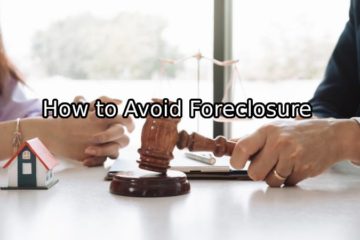Certain special situations allow real estate investors to buy property at substantial bargains, but usually with some additional risk. The most common ways real estate investors take advantage of these unique opportunities are by buying property in foreclosure or government auctions.
Table of Contents
Foreclosures
A foreclosure occurs when a lender takes possession of a property because the current owner has failed to meet some or all conditions of the loan agreement. Investors can sometimes buy foreclosures at extreme discounts to market rates, but often with increased risk. Before buying foreclosed property, always investigate why the lender has taken possession—knowing the reason can help you assess your risk. Here are a few common scenarios:
- Default on loan payments: The owner fails to pay the mortgage over an extended period of time, forcing the lender to take over the property. These properties are usually good investments, since the problem results entirely from the owner and not the property. At the same time, they’re often the types of properties that the former owners try hardest to hold on to, or even repossess after the new owner takes possession.
- Failure to comply with loan stipulations: Loans often specify that the property must be kept in good condition. If the lender forecloses due to the owner’s neglect, you’ll most likely want to avoid the property. If you proceed, have the property inspected thoroughly.
- Environmental or structural problems: If the owner is unable to deal with environmental or structural problems, he or she may sometimes simply abandon the property. Avoid these foreclosures entirely.
Where to Find Foreclosures
Most lenders have an entire real estate owned (REO) department devoted to managing and selling foreclosed property. If you’re determined to buy a foreclosure:
- Work with a lender’s REO department directly: Since the lender’s only interest is to get the property off his or her hands with as minimal a loss as possible, it’s often feasible to find good deals
- Avoid websites or real estate brokers that specialize in foreclosures: These companies usually offer the riskiest properties and charge some type of commission.
Government Auctions
The U.S. government sometimes serves as a lender to prospective property owners, meaning that it must occasionally foreclose on properties for the same reasons private lenders do. When the government forecloses on a property, it holds a government auction to sell off the property to the public and try to recoup the market value.
Depending on the bidding, properties at government auctions sometimes sell for prices significantly below market value. As with foreclosures from lenders, always be sure you know why the property has entered foreclosure—the same risks apply.


